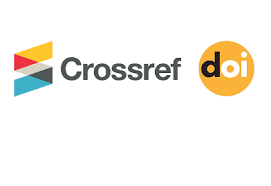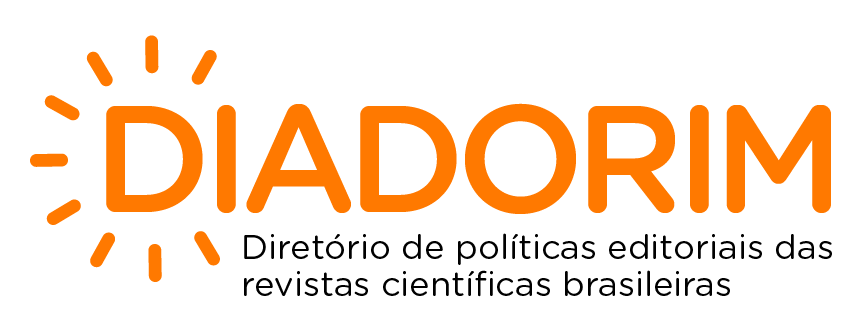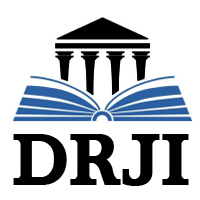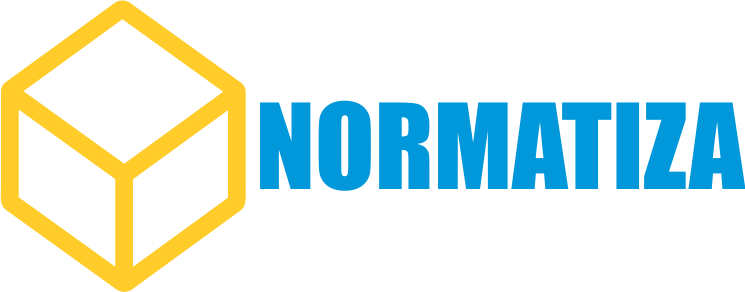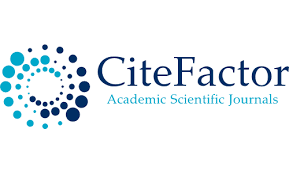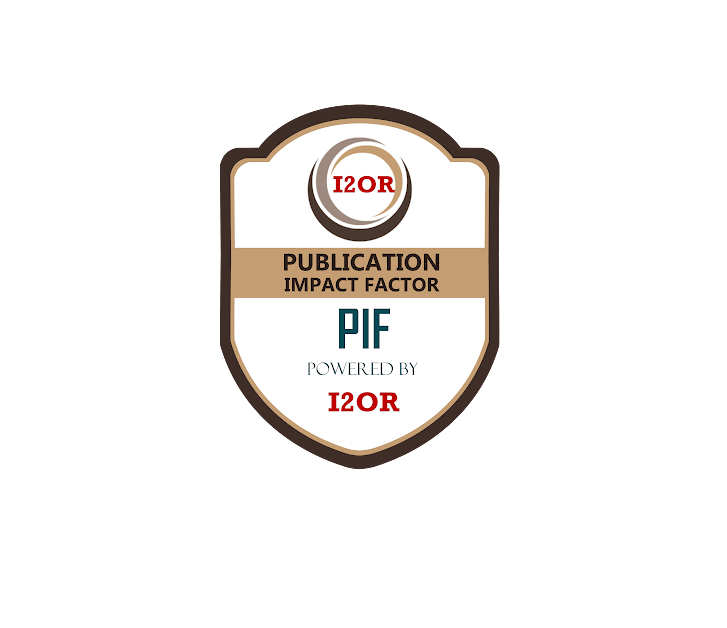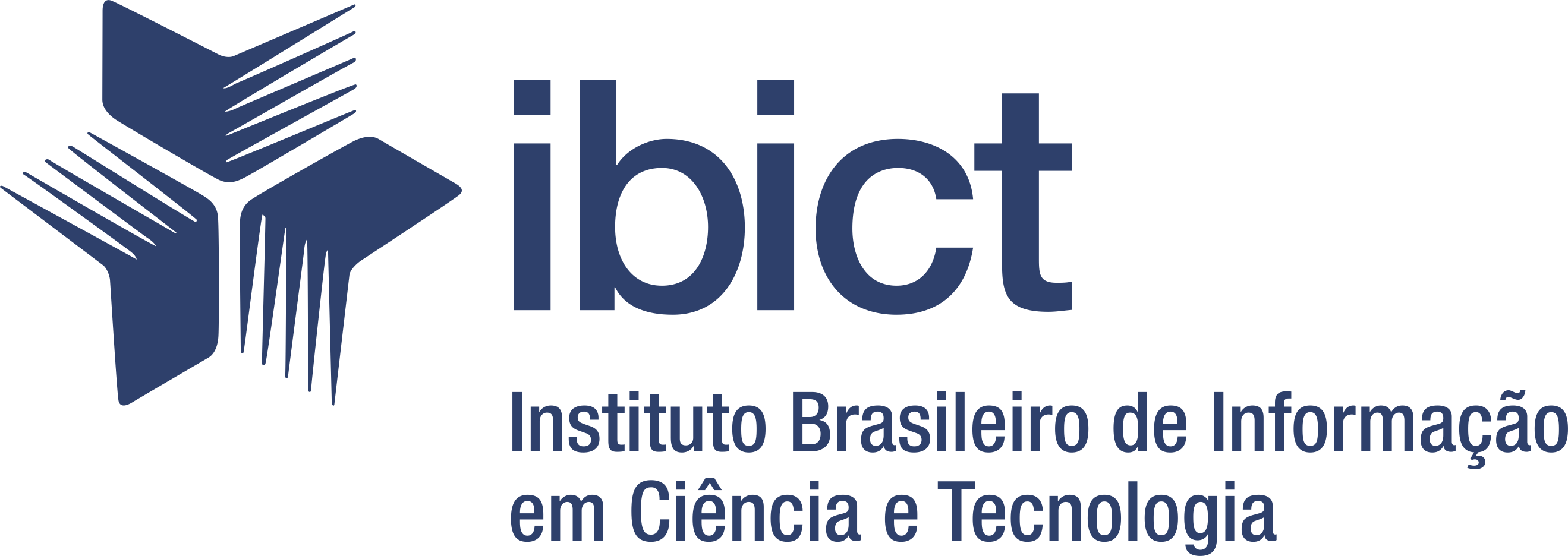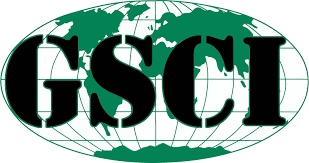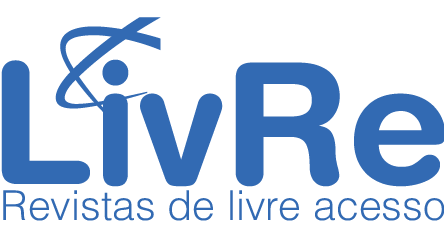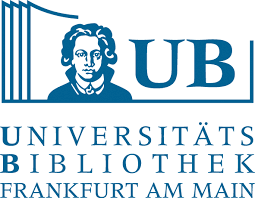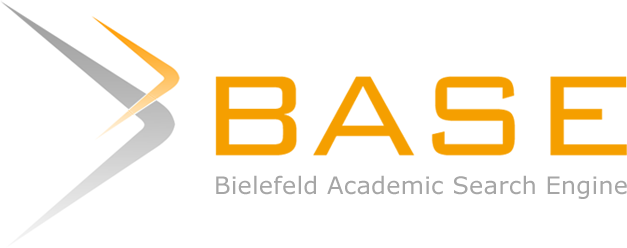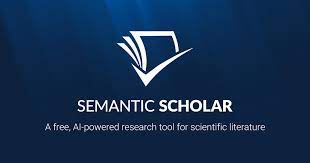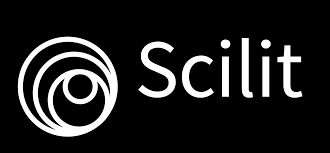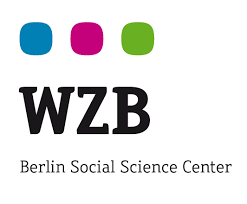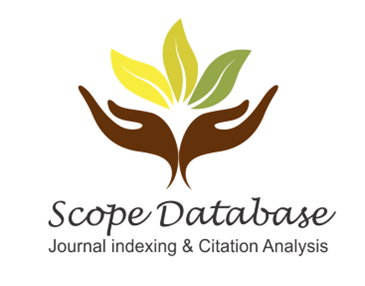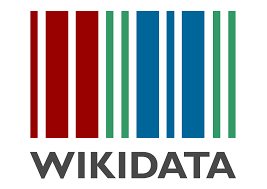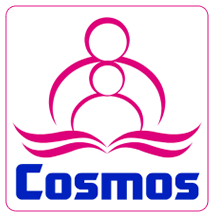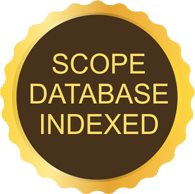THE USE OF ACTIVE METHODOLOGIES IN THE TEACHING OF NEUROLOGICAL SEMIOLOGY: AN EXPERIENCE REPORT
DOI:
https://doi.org/10.53612/recisatec.v3i9.314Keywords:
Medical Education. Teaching-learning. Neurological Diagnostic Techniques.Abstract
Introduction: The Medical Academic Leagues aim to facilitate and promote extracurricular activities based on the graduation tripod: research, extension and teaching, whose importance in medical graduation is based on the supplementation of the latter, in order to mitigate deficiencies in the content studied. within universities through an active learning methodology. Experience Report: In this context, this work reports on the execution of the 1nd Intensive Course in Neurological Semiology: Focus on OSCE, carried out by the Academic League of Neurosciences of Piauí, headquartered at FAHESP/IESVAP, which aimed to prepare the medical students of that institution to carry out the OSCE-style practical curricular evaluation and also to review the most prevalent contents of neurological semiology in the medical context, through objective review and realization of simulated clinical cases. Discussion: Those enrolled in the course reported the importance of reinforcing certain medical skills that are required in practical tests in the OSCE style, as well as being able to realistically simulate the dynamic posture of the physician in neurological semiology, in addition, they manifested themselves in a receptive way to this method of evaluating and learning before the practical test performed by the HEI. Conclusion: In this context, the success of the active methodology in teaching neurological semiology and the personal and academic development of the participants in the organization of the event stand out.
Downloads
References
ANDREONI, Stephani et al. O perfil das ligas acadêmicas de angiologia e cirurgia vascular e sua eficácia no ensino da especialidade. Jornal Vascular Brasileiro, v. 18, 2019. DOI: https://doi.org/10.1590/1677-5449.006318
ATARO, Getu. Methods, methodological challenges and lesson learned from phenomenological study about OSCE experience: Overview of paradigm-driven qualitative approach in medical education. Annals of Medicine and Surgery, v. 49, p. 19-23, 2020. DOI: https://doi.org/10.1016/j.amsu.2019.11.013
BACHUR, Cynthia Antonia Kallás et al. Osce uma estratégia no processo de ensino e aprendizagem para os cursos de graduação na área da saúde: uma revisão integrative. International Journal of Development Research, v. 11, n. 3, p. 45211-452015, 2021. DOI: https://doi.org/10.37118/ijdr.21273.03.2021
BRASIL. Lei n. 9.394, de 20 de dezembro de 1996. Diretrizes e Bases da Educação Nacional. Diário Oficial da União. Brasília. 1996;134(248)27833-841.
CARVALHO, Carlos Romualdo et al. Ligas acadêmicas e extensão universitária: contribuições na aprendizagem do estudante de enfermagem. Revista Gestão & Saúde, v. 12, n. 01, p. 108-118, 2021.
LACERDA, Flávia Cristina Barbosa; SANTOS, Letícia Machado dos. Integralidade na formação do ensino superior: metodologias ativas de aprendizagem. Avaliação: Revista da Avaliação da Educação Superior (Campinas), v. 23, p. 611-627, 2018. DOI: https://doi.org/10.1590/s1414-40772018000300003
LOVATO, Fabricio Luís; MICHELOTTI, Angela; DA SILVA LORETO, Elgion Lucio. Metodologias ativas de aprendizagem: uma breve revisão. Acta Scientiae, v. 20, n. 2, 2018. DOI: https://doi.org/10.17648/acta.scientiae.v20iss2id3690
LUCKESI, Cipriano Carlos. Avaliação da aprendizagem escolar. São Paulo: Cortez, 2002.
MAJUMDER, Md Anwarul Azim et al. An evaluative study of objective structured clinical examination (OSCE): students and examiners perspectives. Advances in medical education and practice, p. 387-397, 2019. DOI: https://doi.org/10.2147/AMEP.S197275
MOREIRA, Lucas Magalhães et al. Ligas acadêmicas e formação médica: estudo exploratório numa tradicional escola de Medicina. Revista Brasileira de Educação Médica, v. 43, p. 115-125, 2019. DOI: https://doi.org/10.1590/1981-52712015v43n1rb20170141
MOURA, Eliane Perlatto et al. Estratégias atuais utilizadas para o ensino da empatia na graduação médica: revisão sistemática. Revista Eletrônica Acervo Saúde, v. 13, n. 2, p. e6374-e6374, 2021. DOI: https://doi.org/10.25248/reas.e6374.2021
PATRÍCIO, Madalena Folque et al. Is the OSCE a feasible tool to assess competencies in undergraduate medical education?. Medical teacher, v. 35, n. 6, p. 503-514, 2013. DOI: https://doi.org/10.3109/0142159X.2013.774330
Pereira, A. S., Shitsuka, D. M., Parreira, F. J., & Shitsuka, R. (2018). Metodologia da pesquisa científica (dissertação). UFSM;2018.
RODERJAN, Amanda Kuster et al. Competências clínicas do aluno de medicina em urgência e emergência: análise evolutiva através do OSCE. Revista Brasileira de Educação Médica, v. 45, p. e193, 2021. DOI: https://doi.org/10.1590/1981-5271v45.4-20210178
SANTOS, Jefferson Rodrigo; FERREIRA, Maria Elisa. Um relato de ensino de Química no contexto da pandemia de COVID-19 na rede pública de São Paulo: O desafio das aulas virtuais na Educação Básica. Research, Society and Development, v. 10, n. 2, p. e8710212267-e8710212267, 2021. DOI: https://doi.org/10.33448/rsd-v10i2.12267
SCHWILL, Simon et al. Peers as OSCE assessors for junior medical students–a review of routine use: a mixed methods study. BMC medical education, v. 20, n. 1, p. 1-12, 2020. DOI: https://doi.org/10.1186/s12909-019-1898-y
TAYLOR, Darci; QUICK, S. Students' perceptions of a near-peer Objective Structured Clinical Examination (OSCE) in medical imaging. Radiography, v. 26, n. 1, p. 42-48, 2020. DOI: https://doi.org/10.1016/j.radi.2019.06.009
THIOLLENT, Michel. Metodologia da pesquisa-ação. Cortez editora, 2022.
WAGNER, Katia Jakovljevic Pudla; MARTINS FILHO, Lourival José. Metodologias ativas de ensino-aprendizagem: uso, dificuldades e capacitação entre docentes de curso de Medicina. Revista Brasileira de Educação Médica, v. 46, p. e028, 2022. DOI: https://doi.org/10.1590/1981-5271v46.1-20210356
ZIMMERMANN, Marlene Harger et al. Avaliação Clínica Objetiva Estruturada (OSCE) com feedback efetivo e vídeo feedback: sua interface no ensino e na aprendizagem. 2019.
Downloads
Published
How to Cite
License
Copyright (c) 2023 RECISATEC - SCIENTIFIC JOURNAL HEALTH AND TECHNOLOGY

This work is licensed under a Creative Commons Attribution 4.0 International License.
Os direitos autorais dos artigos/resenhas/TCCs publicados pertecem à revista RECISATEC, e seguem o padrão Creative Commons (CC BY 4.0), permitindo a cópia ou reprodução, desde que cite a fonte e respeite os direitos dos autores e contenham menção aos mesmos nos créditos. Toda e qualquer obra publicada na revista, seu conteúdo é de responsabilidade dos autores, cabendo a RECISATEC apenas ser o veículo de divulgação, seguindo os padrões nacionais e internacionais de publicação.








